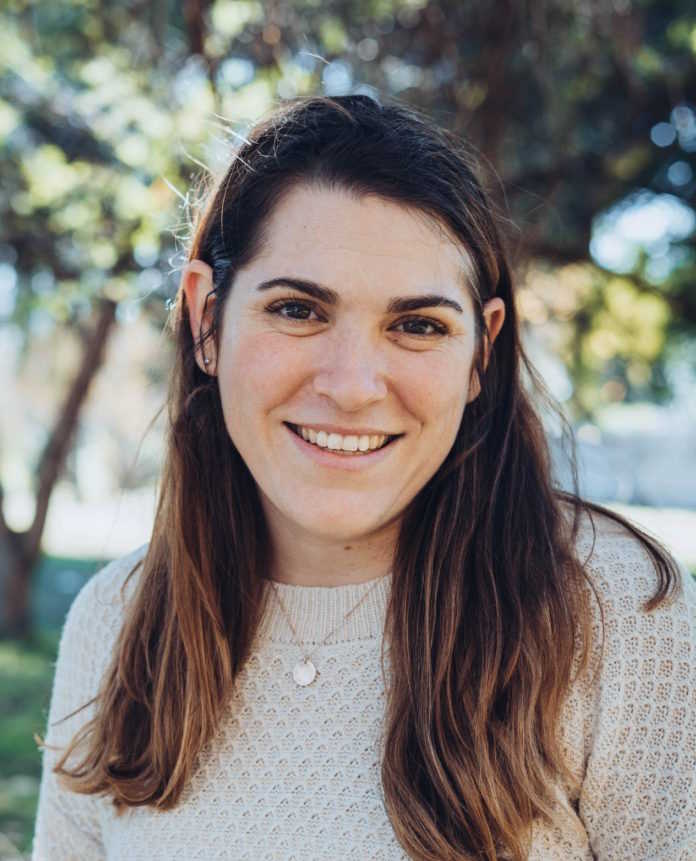Who is responsible for the rearing of the next generation of South Africans?
It takes a village to raise a child according to the old adage and whilst the responsibility for raising children primarily lies with the parents, the wisdom of this proverb in the South African context, rings true. “Given the complexity of the socio-economic challenges faced by so many South African communities, there are, of necessity, several parties invested in helping to care for and develop the country’s future human capital,” says Dr Jessica Ronaasen, National Programmes Lead at the DO MORE FOUNDATION.
Early Childhood Development centres, usually based within local communities, are a prime example of this. These facilities manned with trained staff, provide care and support to children between the ages of nought and six years old. “Within the ECD centre ecosystem itself, various stakeholders contribute to and share the responsibility of nurturing and assisting with early childhood development,” Dr Ronaasen explains. “These include principals, ECD practitioners and staff, various government departments, non-profit organisations, business, parents and the community at large.”
- The principal is the manager or supervisor of an ECD centre and the role is generally filled by women who are leaders in their own right, both as business owners and role models for mothers in the community. They are responsible for most of the administrative, financial, legal, and overall management of the centre and staff and will often also plan educational programmes and resources.
- ECD practitioners and staff are the primary caregivers at ECD centres and are responsible for planning lessons, teaching, taking care of and providing for the basic needs of the children in their charge. There are a number of qualifications in early childhood development, childcare, and even first aid that ensures that they are equipped with a broad skill set to adequately fulfil their role.
- Government departments such as the Department of Basic Education (DOBE), Department of Social Development (DSD), and the Department of Health (DOH) are also noteworthy stakeholders within the ECD sector, as they provide essential services and governance for young child services. The DOBE is directly responsible for developing the early learning curriculum, the regulation and registration of ECD facilities, among other responsibilities. The DSD is largely responsible for social support and care, child protection, child support grants, and providing support to parents.
- Non-profit organisations also contribute significantly to building better tomorrows for young children through intervention and development programmes. For example, The DO MORE FOUNDATION supports 34,826 children monthly in six provinces by providing nutrition and food aid for those attending ECD programmes. The Foundation also facilitates community gardens in at-risk communities while ensuring that young children remain the primary beneficiary.
- Businesses and corporations play a role as ECD stakeholders and investors in the development of education in South Africa as well. Corporates invest mostly in education, social and community development and health interventions. Founded by RCL FOODS, The Do More Foundation provides a unique opportunity for corporates to make a business case for investing in the early years of children to adequately develop the future workforce of South Africa.
- Parents are critical as advocates and protectors of their children. Early Years Specialist at the DO MORE FOUNDATION, Pam Picken, says: “Primary caregivers (usually parents) are the most important people in a young child’s life. However, being able to give each little person the best possible start in life is a tremendous responsibility, and every parent needs support from their community, government departments, business, NGOs, and civil society.”
Dr Ronaasen agrees. “Ultimately, as the community at large, we all have a shared responsibility and vested interest in helping to raise and develop the next generation of South Africans if we want to ensure the sustainability of our country.”
“With a new year comes 12 months of potential for investment, support and participation in the lives of our young children. In supporting this ecosystem, whether through your business to #DoMore for early childhood development or by simply assisting the children and parents around you, your contribution can make a difference,” she concludes.












